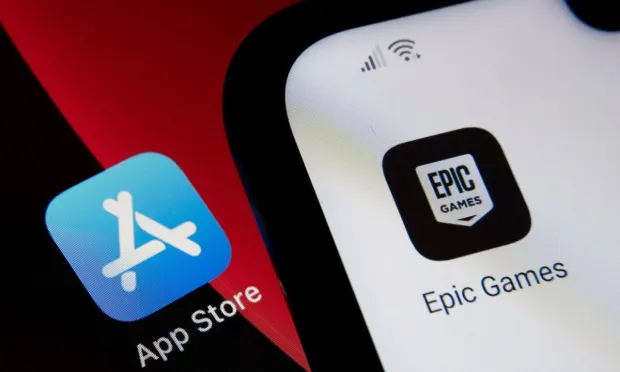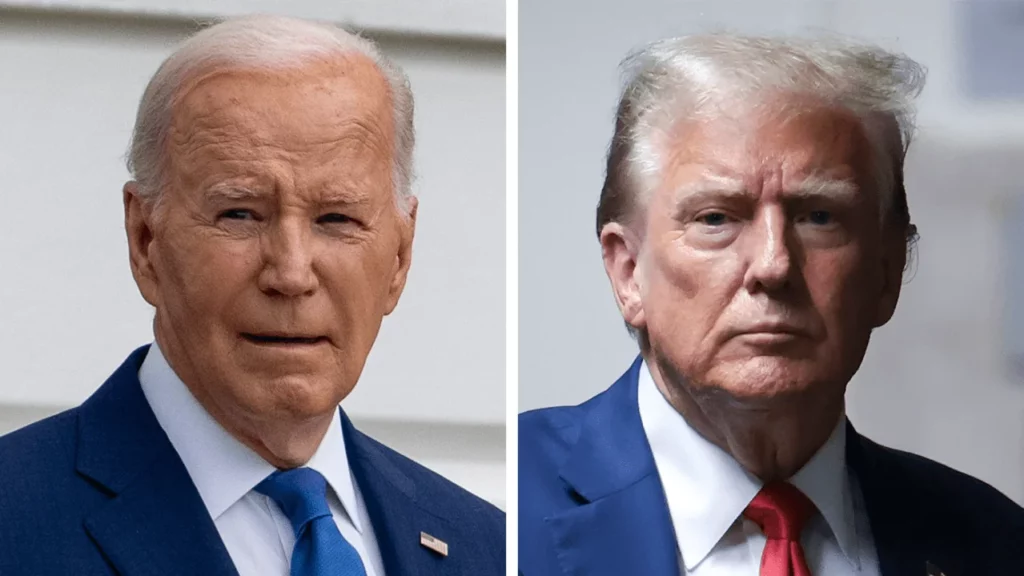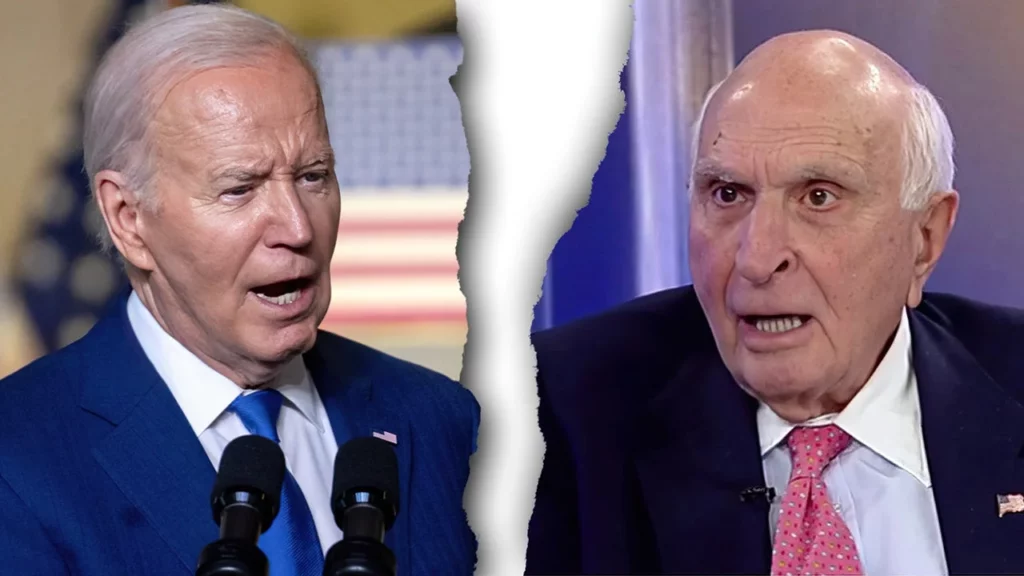Epic Games has openly contested Apple’s request for over $73 million in legal fees stemming from their extensive antitrust legal battle. The clash, which saw “Fortnite” creator Epic Games challenging Apple’s App Store policies, culminated in a mixed verdict that upheld most of Apple’s app distribution and transaction controls, albeit requiring some adjustments. The U.S. Supreme Court’s decision to decline appeals from both sides has left the companies to address the aftermath, including the contentious issue of legal costs.
Epic Games argued in a recent court filing that Apple’s financial demands were excessive and unwarranted, urging U.S. District Judge Yvonne Gonzalez Rogers to reject the tech giant’s bid for legal reimbursement. Epic’s primary contention is that prevailing defendants in antitrust cases typically aren’t entitled to recover attorney’s fees for successfully defending against such claims. The game developer conceded to breaching Apple’s developer agreement but highlighted that this was not a central issue in the lawsuit, thus challenging the extent of Apple’s fee request.
This legal skirmish underscores the ongoing debate over the App Store’s operational framework, particularly regarding the distribution and monetization of apps. Both companies employed high-profile law firms for their representation, indicating the case’s significance and the potential implications of its outcome for the tech industry. As the legal proceedings continue, the tech community closely watches, given the case’s potential to influence future app store policies and antitrust considerations in the digital marketplace.






